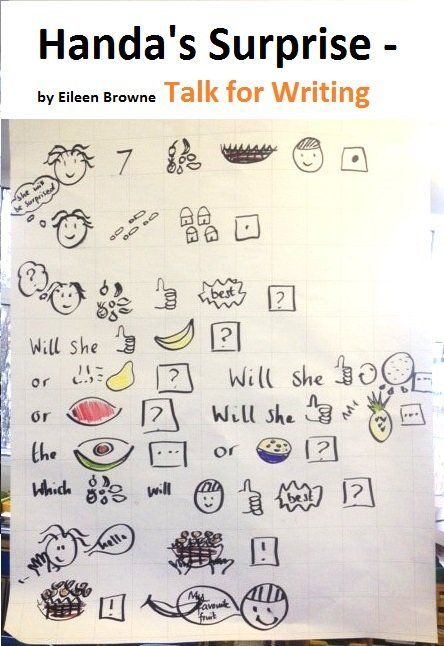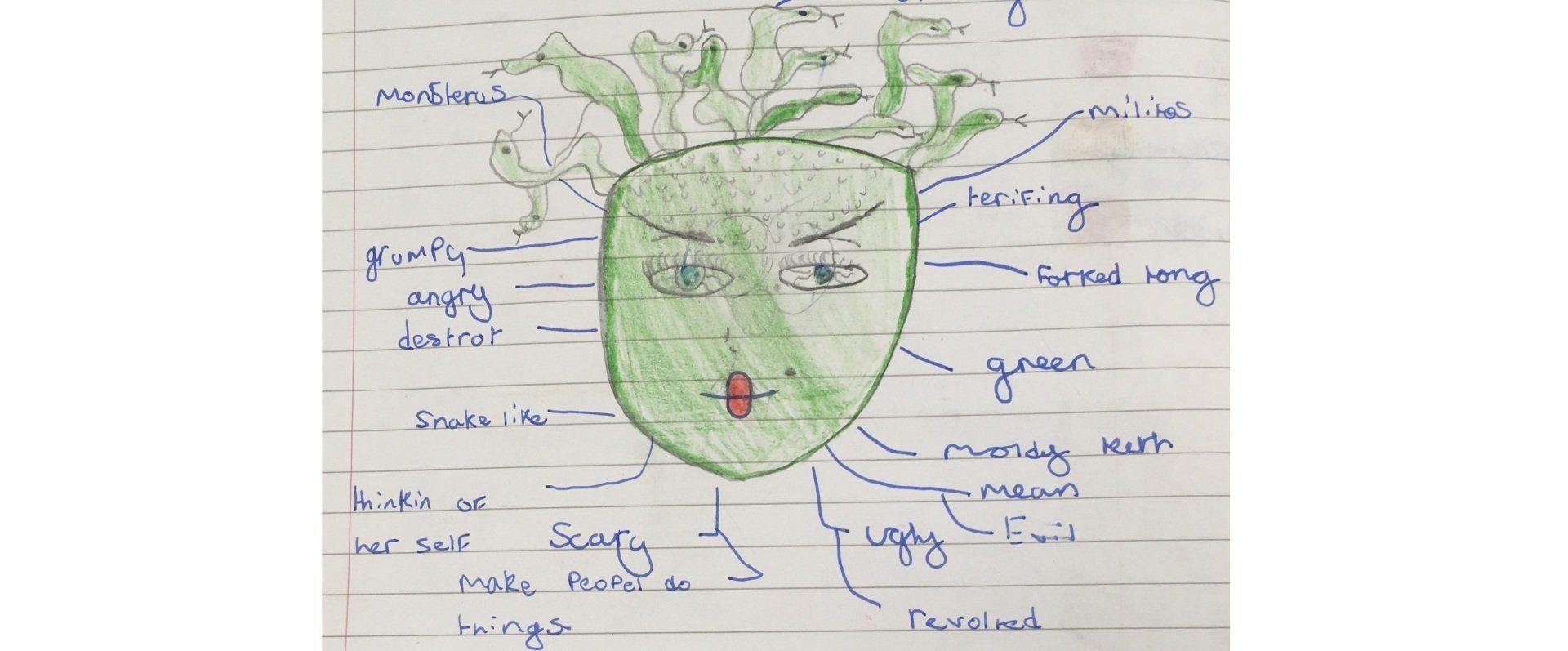Leading staff & co-working using Team Teach
- by James D. Lewis
- •
- 16 Dec, 2017

Teaching pupils safely with Autism and Down's Syndrome
Further to some outreach work this week supporting another SENCo in a local school taking on a new pupil with Down's Syndrome, I thought it would be good to share this INSET. My perspective is from working in an SLD school teaching pupils with both Down's Syndrome and ASD combined conditions.
I advocate the use of Team Teach as an excellent concept of structured team working within a classroom environment, moreover wider work settings outside education. I have received three different experiences of being taught the Team Teach concept over the years, all that had a genic focus but with nuances on the team working element that I find the most useful. Many people may recognise the concept of the training as delivering safe "physical restraint" in the classroom setting, which is partly true; but this is really missing the point largely on two counts. Firstly the use of restraint should only be used as a last resort after all other efforts have failed. Secondly, staff who regularly need to use restraint are either missing opportunities to de-escalate the issue, or questions need to be asked whether the child actually should be educated in that setting due to the wider safety of staff and the other pupils. A large focus of this approach is related to de-escalation, re-direction, differentiation, changing timetable patterns, duration of learning activities, types of activities, changing staff members and following a written/logged ABC - antecedent / behaviour / consequence - systematic approach to record patterns of behaviour over time. To recognise for instance that Kate always has a bad Tuesday morning as she always spends Monday evening at her father's house. Or that for Billy to achieve any work before morning break-time, he needs a bowl of cornflakes before he starts the day as he is not provided breakfast at home.
Personally, the salient aspect of Team That I advocate on a daily basis is that of providing a structured verbal & working environment for staff. Each morning there is a 5 minute class briefing and the minimum of a 10 minute de-briefing at the end of the day. All staff at the end of a week will have all planning and staffing logistics for the next week. At the start of each day, given the pre-knowledge of this planning, the running order of the day is briefly re-iterated. Then a further 15-20 mins is ring-fenced / allocated for the staff team to carry out activities that they need to fulfil to achieve their lesson objectives. I like to not micro-manage this as each team member is more than capable to organise themselves and it further empowers them in the process. At the end of the day, the team de-briefing process allows staff in a formal way to express what they felt went well for them and de-construct what was less successful, it also builds team cohesion.
The next part is the most powerful in my opinion. Although the teacher/leader is responsible, the organisation of the team is flat - ie every individual has equal weighting. Lets say that a member of staff is working with a pupil and another member of that team feels that something is going wrong or less well than expected, they could as the team member "Do you want help?" which is a code word for - "I can see you are under stress and I can take over if you want." The team member may respond "I'm fine" noting that a team member is on hand if required or "Can I have more help?" (discussed later in the text). The second team member may later decide that the situation has escalated, they will then say "Do you want more help?" which is a code word for - "I am taking over this situation and I am going to give you a legitimate different task to do so that the pupil will not recognise this process." The response then will be "Yes" and the second team member may say "Can you help George with the computer please as he needs help." At this point the first member of staff leaves the child and follows to the new task. It may be that the team member may disagree with the judgement of the second team member but this is not a discussion to be had in front of the child - that is what the de-briefing is for at the end of the day!
Another planned structured scenario is regularly asking team members "Are you ok?" or words to that effect, this is beneficial two-fold, firstly it helps team members feel secure and cared for - particularly in stressful environments. Secondly the team member may feel that they need to escape the context that they are finding themselves in, they may appear on the outside to be coping well - unbeknown to their colleagues. At this point they can say "Can I have more help please?" and have a plan of what personally they are going to do immediately elsewhere, such as swap with the team member who is teaching another group currently. They will then tell the staff member what they recommend to do in regards to the child that they are currently working with which they currently need to remove themselves from.
Bringing it all Together:
James D. Lewis (NPQSL) is aspiring towards a Deputy Head Teacher post in North Birmingham, UK.










